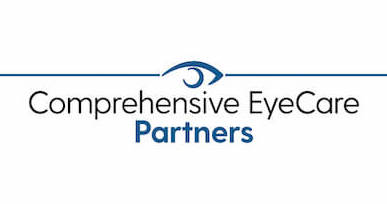
A corneal transplant, or keratoplasty, is a procedure that replaces a patient’s cornea with a donor cornea. The cornea is the front part of the eye where light is refracted as it passes through.
This makes it a vital component for being able to see. When the cornea becomes damaged beyond repair, a transplant may be the only way to save vision.
There are a few ways such damage can occur. Keep reading to learn more about what makes a corneal transplant necessary!
Injury
Sometimes, traumatic eye injuries can damage the cornea. Injury to the eye can happen in a variety of ways.
It can be the result of an infection or complications from eye surgery. It can also happen as a result of an accident.
Whatever the cause, when the eye does suffer injury, the cornea can become scarred. Corneal scarring can make it very difficult to see, even with glasses or contacts.
It can even cause blindness. A corneal transplant can restore vision loss due to corneal scarring.
Disease
Certain eye diseases can also cause irreparable damage to the cornea. One of the most common diseases that do this is Fuchs’ dystrophy.
Fuchs’ dystrophy is a genetic condition. With Fuchs’, the cornea swells to the point of corneal failure. In patients with Fuchs’ dystrophy, a transplant can restore vision and relieve pain caused by the disease. Corneal ulcers can also cause severe corneal damage, as can keratoconus. Keratoconus is a condition that causes the cornea to bulge more and more over time.
Testing
If your eye doctor believes a corneal transplant could be beneficial, you will undergo testing. This testing will determine if a transplant will be safe and effective.
If you do need a transplant, testing will also determine what kind of donation you need. This screening process includes a full eye exam and measurements of your eyes.
These are important for knowing what size donor cornea you need. It also includes an assessment of any other eye issues, such as infection, along with any medications and supplements you take.
After resolving any issues, your name will then be put on a donor list. Unlike patients waiting on major organs, patients on cornea donor lists don’t have to wait as long. Many more people agree to donate their corneas after they die.
Risk Awareness
A corneal transplant comes with a much lower risk than other kinds of transplants. But there are still risks associated with a corneal transplant.
The biggest risk is rejection. Rejection occurs when your body’s immune system attacks donor tissue because it’s a foreign body.
This occurs in about 10% of patients. If your body rejects a corneal transplant, symptoms include pain, light sensitivity, and loss of vision.
If you experience rejection, the donor cornea will likely have to be removed. The good news is that it can often be easily replaced with a different donor cornea.
Other risks include infection, increased risk for cataracts and glaucoma, and corneal swelling. Talk to your doctor about keratoplasty risks before you decide to get a transplant.
Full awareness of risks with a corneal transplant is important, even if you don’t go through with the procedure.
Looking for more information about corneal transplants? Schedule an appointment at Shepherd Eye Center in Henderson, NV with one of our talented doctors!


